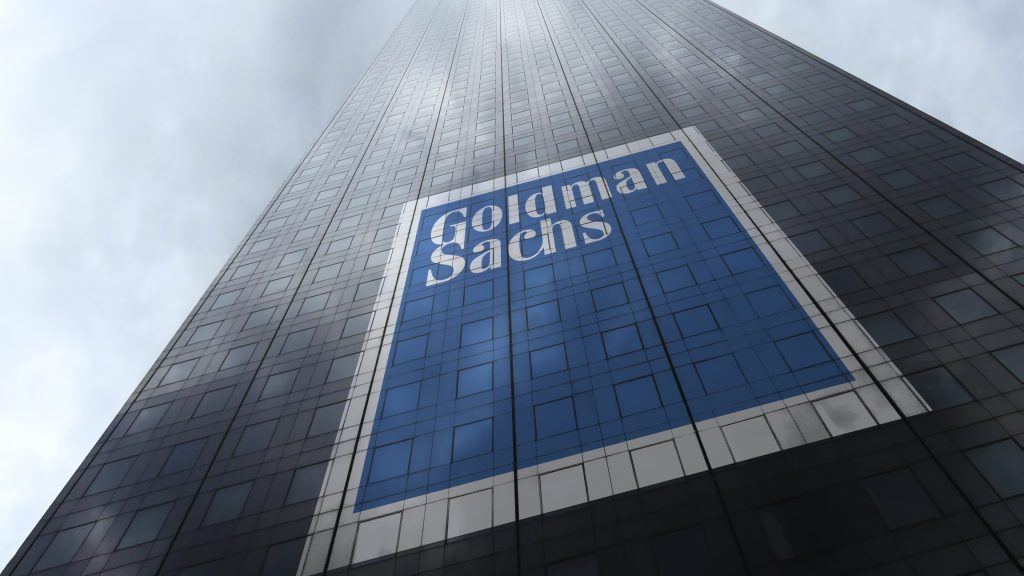In what poll-takers would have assuredly warned against, on 22 May, Conservative leader and prime minister Rishi Sunak announced a quick run to a general election. On 4 July, the United Kingdom will go to the polls to either reinstate the Tories for another term or change the leaders of the country for the first time in 14 years. It came on the back, it’s said, of interest rates not declining quite as much as expected – to 2.3 per cent rather than 2.1 per cent.
Since, all of the country’s political parties have been eager to announce policies and try to win over the general public and those in their constituencies. As has regularly been the case in the UK, many see it as a race between Labour and the Conservatives, with the Liberal Democrats ready to pinch a fair few seats. Reform is in the equation, for better or worse, but most see them as more of a siphon of Tory votes than a true contender.
So, with the policies and changes in language coming thick and fast, let’s home in on the more headline-catching policies announced by the big three as the campaign trails opened.
Liberal Democrats to bring football back to the people
Announced on a day of Labour and the Conservatives proposing ideas of economic growth and stability, the Lib Dems weighed in with quite a different headline on 1 June. The party pledged to make ten games from the Premier League available on free television channels every season. Naturally, the caveat is that they have to win the election to enforce the rather audacious policy, but voters have fallen for more out-there claims in the recent past. As it stands, the country’s (and arguably Europe’s) premier domestic football league is only available on Sky Sports, TNT Sports, and occasionally Prime Video live.
There are other ways to keep in on the action, of course. Some turn to social media feeds, and others utilise the unique blend of live casino gaming and football scores. These are the live games like Live Football Studio Dice at the online casino. Viewers get their live scores alongside fellow fans while also betting on dice, card, and other table games. The internet has become a great way to engage with and follow the league beyond paying for premium TV channels. That said, those premium channels are still fairly accessible, even if freeview showings would make them even easier to view. Plus, there’s always the public venues that show the games anyway.
Labour to start by cutting NHS waiting times
INSERT IMAGE HERE: https://pixabay.com/photos/mug-nhs-nhs-worker-cup-tea-coffee-734986/ IMAGE SOURCE: Pixabay.com
The new manifesto from Labour opens with rather broad statements but backs the claims with hard figures that do seem to lend it legitimacy. Of course, delivering on a whole manifesto as a new government often takes a lot of time or isn’t even possible. Should Labour get the majority the polls suggest they will, they’d have few excuses to not start showing the changes promised quickly. Supposedly recognising this, the manifesto details the first steps, with the first non-broad step being to cut NHS waiting times.
Sir Keir Starmer is well-known for his affection and close ties with the NHS. After the Brexit propaganda of the now-infamous £350 million red bus predictably led to nothing under the Tory government, Starmer’s feasible NHS promises and prioritising the health service will certainly win over many voters. As noted, the focus will be on waiting lists at first, which figures from NHS England currently point to as being some 6.33 million patients long.
Conservatives to keep cutting those taxes
A big part of the Conservative selling point, particularly since Rishi Sunak became the prime minister, has been the revealing of the budget. Jeremy Hunt has become a hotly-followed figure whenever seen carrying the little red suitcase, especially because the Tories have had to attempt to claw back a lot of good faith with the general public. Headlining these attempts has been the repeated cuts to National Insurance.
Most recently, National Insurance was cut from ten to eight per cent on 6 March in the Spring Budget, which was accompanied by the introduction of a British ISA. The non-dom tax regime that had been in the headlines due to the activities of the PM and his family was also eliminated. It’s said that if the Conservatives remain in power, National Insurance will be slashed further to six per cent and that they may start to offer more favourable tax conditions to the self-employed. Whether this will be enough after the antics of the last five years or so is yet to be seen.
So, we’ve got the Lib Debs bringing football to the people, Labour looking to bolster the NHS, and the Tories hunting further tax cuts. We’ll see on 4 July which one the public wants the most.

